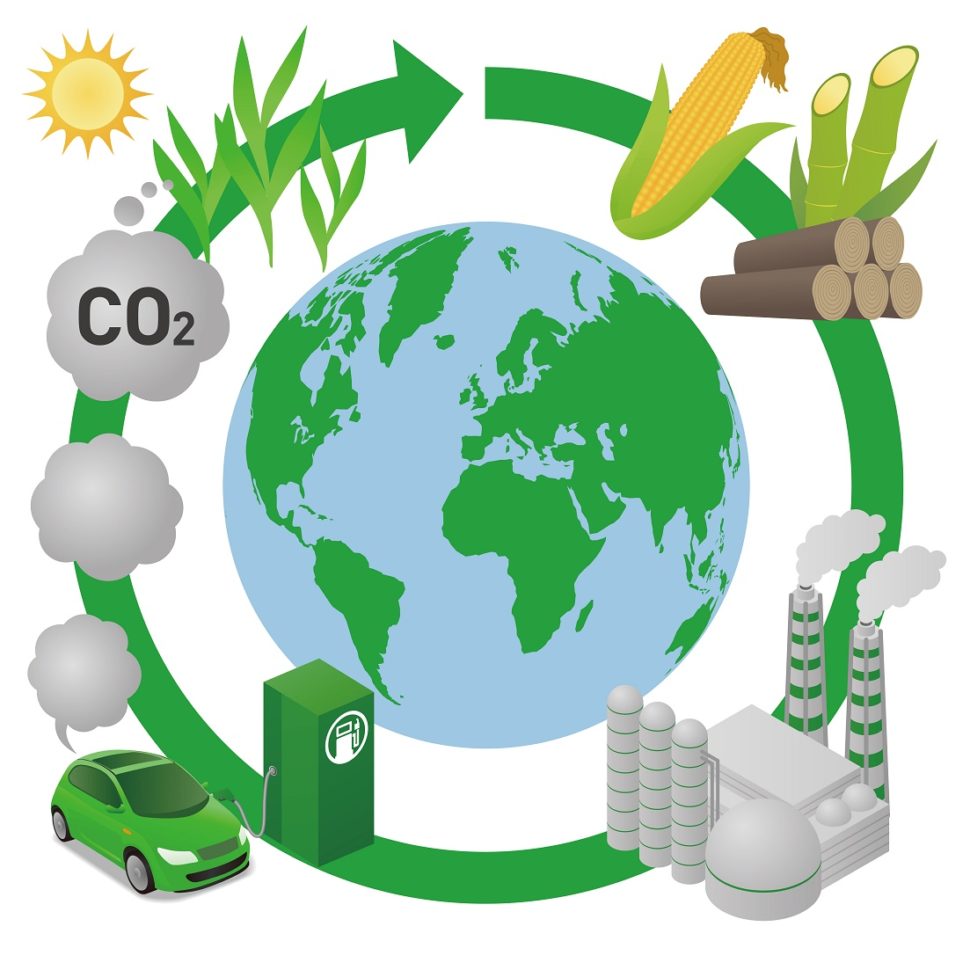A new study coming out of Washington State University shows that consumers willingly pay a higher premium for biofuels over conventional fuel. The numbers indicate a greater environmental awareness among buyers in the market, which is a good sign for the second generation of biofuel research.
Gasoline keeps developed countries moving, but it also presents humanity with one of the most critical environmental issues of our time. Fossil fuels may be the cheaper method of producing fuel, but it significantly contributes to pollution on a scale that worry environmental scientists. Biofuels represent a scaling-down of fossil fuel extraction. Yet, they cost more due to additional refinement. There are still innovations to be made, and a trend toward the use of hybridized fossil fuels may enable those innovations to take place.
Thankfully, consumers have become more eco-friendly, according to researchers from Washington State University. A recent survey showed that consumers were willing to pay approximately 11 percent more for biofuels than conventional fuel, and this is promising news for biofuel-based startups and research.
Consumers are willing to pay approximately 11 percent more for #biofuels than conventional fuel.Click To TweetCrunching the Numbers
There are a few factors that make biofuels so expensive. First-generation hybridized fossil fuels use food sources and their byproducts (take ethanol from corn, for example). Not only are they expensive to research but they also raise food prices.
On the other hand, second-generation biofuel does not use food sources. While it still incurs a higher cost due to the necessary research and refinement involved in putting them on the market, they are more inexpensive. Researchers wanted to know if there was a market for improving these fuels.
“Researchers wanted to know if there was a market for improving these fuels.”
Authors Jill McCluskey and Tongzhe Li conducted a study. The team surveyed people from Portland, Minneapolis, and Boston, asking them if they would be willing to pay a prescribed amount for bio-enhanced fuel products. If participants answered in the negative, the surveyors offered a discount. If they said yes, the team asked them to pay a little extra.
Participants were given extra information. Half learned new information about second generation fuels. As a result, the informed group was more willing to pay a higher price for the fuel. This suggests that marketing the benefits of biofuel improves demand despite cheaper options on the market.
Consumers of Biofuels Want to do Their Part
The results of the survey show that there are more factors for consumers than just price and availability. Most importantly, the fuels need to work well with existing vehicles. It has been proven that they do.
Once consumers are confident that their current vehicle will work with the new fuel, other factors are allowed to influence their decisions. This is when environmental and ethical factors of fuel production come into play.
The results show that people prioritize their own needs before considering environmental impact. Yet, as innovators develop fuels that compromise between these two concerns, the environmental effects begin to register on ethical radars. If biofuel producers can keep this in consideration, the sky’s the limit.


















Comments (0)
Most Recent